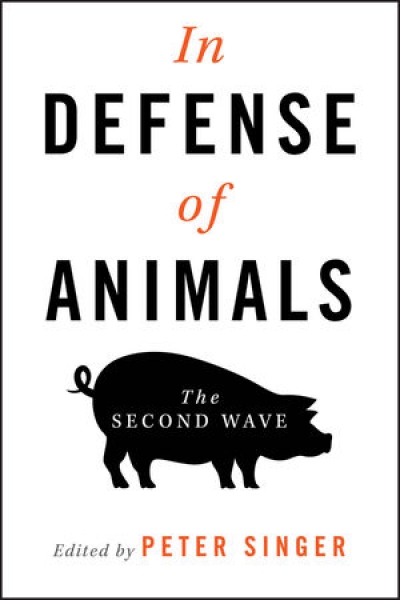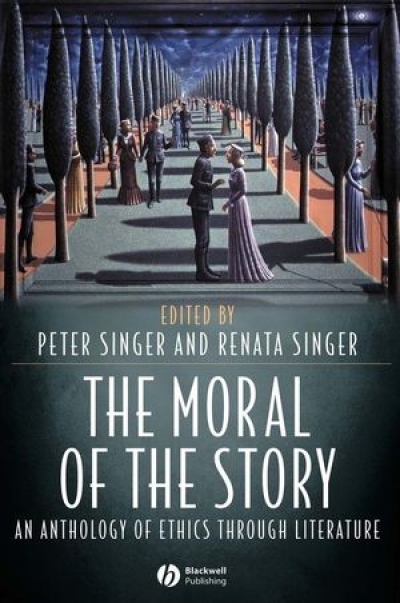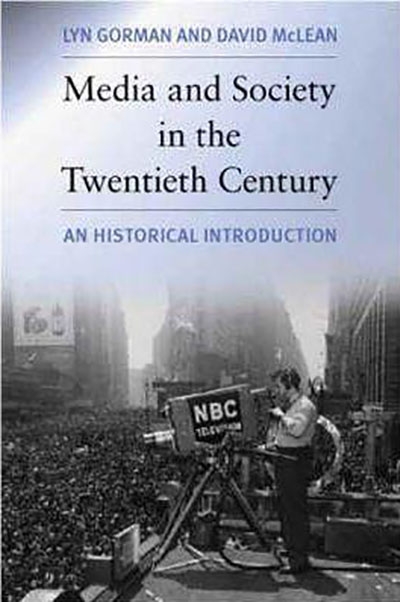Blackwell Publishing
Australian Historical Studies edited by Joy Damousi & Australian Journal of Politics and History edited by Andrew G. Bonnell and Ian Ward
by Travis Cutler •
In Defence of Animals: The second wave edited by Peter Singer
by Chilla Bulbeck •
The Moral of the Story: An anthology of ethics through literature edited by Peter Singer and Renata Singer
by Richard Freadman •
Media and Society in the Twentieth Century: A historical introduction by Lyn Gorman and David McLean
by Terry Flew •




